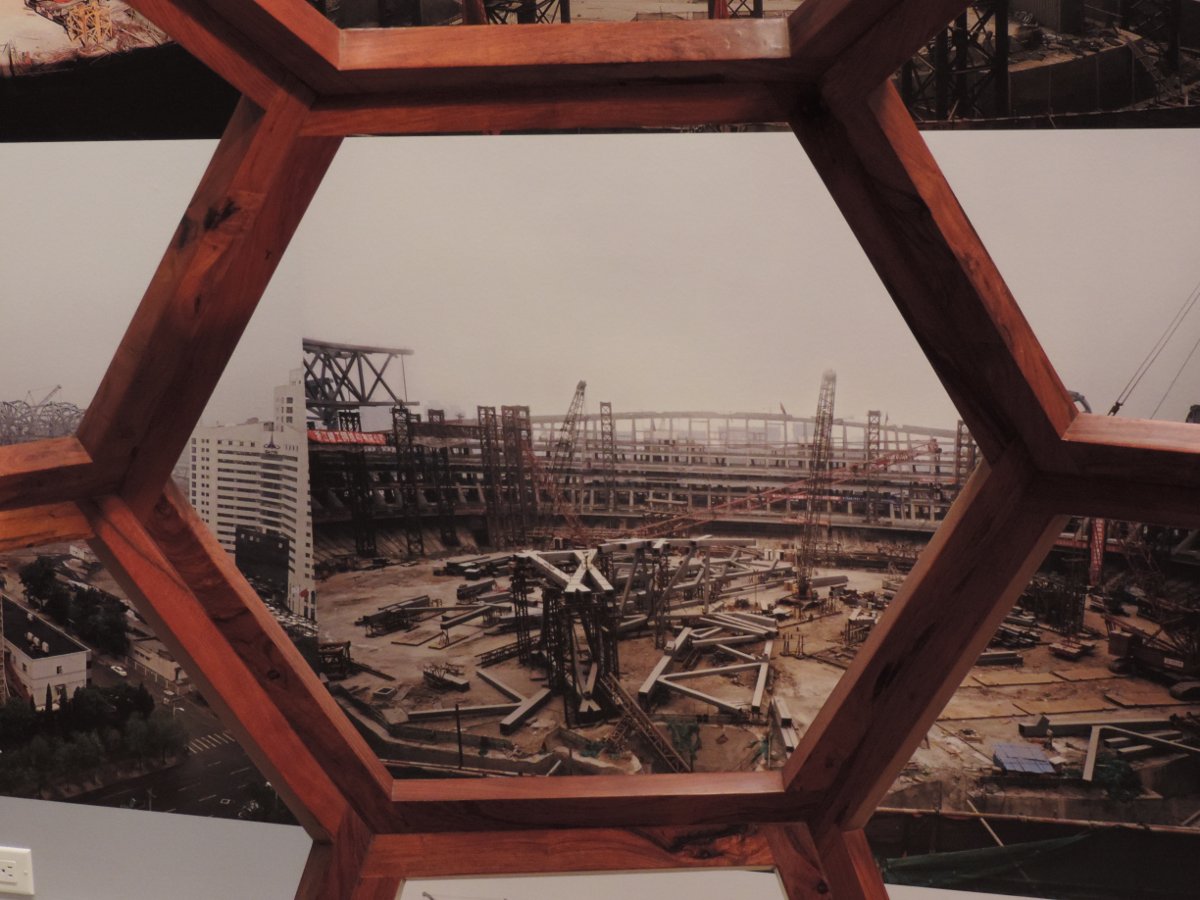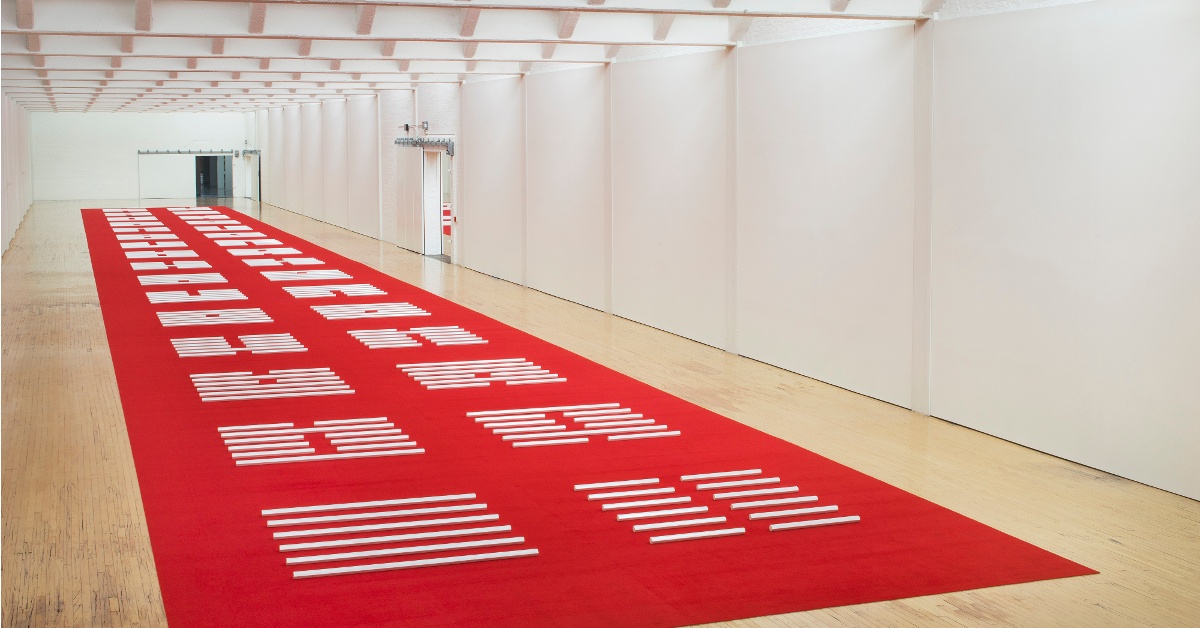As I turn 70, I’m challenged by the daunting task of maintaining a vital, healthy, life and continuing to grow and develop.
I’m sure the first thought that crosses peoples’ minds when they meet me now is, “He’s old!!”
That would be OK, but most people associate aging more with accelerated deterioration than continuing development. The important issue, however, is not what other people think but what we think about ourselves. Do we wake up each morning and say, “I’m old – ugh!” Or do we say to ourselves each day, “This is the day I have been given, may I rejoice and be glad in it!”
I’m not denying the relentless and inevitable toll of time. I’m simply suggesting that if we think about each moment as a new opportunity, it is more likely that new opportunities will emerge, independent of age.
Why not ride the growth curve as long as we can?

There is no end point for development. Growth does not end at age 50, 60, 70, or 80. It may take a different form or shape, but it doesn’t need to end.
As we age, we may lose some analytical capabilities and memory speed, but other avenues open up. Howard Gardner’s work on multiple intelligences applies to elderly adults as well as it does to elementary school children. While our mathematical prowess may diminish after 30, hopefully our aesthetic appreciation and wisdom increases as we age.
The biggest risk as we grow older is premature cognitive commitment.

In Ellen Langer’s classic book, Mindfulness, she discusses the results of extensive research indicating that our beliefs about what happens as we age have a significant influence on our health and longevity. If we believe that old people become tired, cranky, slow, dull, and incapacitated, then we are likely to meet that expectation. If we commit early to an age = deterioration formula, that’s probably what will happen to us. We can reduce that risk by re-framing our experience of aging and re-committing to growth.
The keys to continuous development as we age are decision making, responsibility, openness, adaptability, positivity, intellectual curiosity, control, social engagement and support.
Langer’s work demonstrates profoundly the differences between people who feel like they have some control in their lives, are able to make decisions affecting their lives, take responsibility for their care, remain open to alternative possibilities, and continue to be curious compared to those people who have no control, take no responsibility, etc.
The latter group becomes dependent and acquires learned helplessness. This state leads quickly to deterioration and death. The former group strives and thrives until the very end…and lives longer and better.
We need to be open to alternatives and new ways of thinking and relating, focus on process vs. outcome, play with context and perspective, and bypass old categories, habits, and routines. Our choice is simple. We can take a reactive approach to the challenges we face and shrink into a deteriorated state; or we can take a proactive approach to what’s possible and continue to generate creative energy.
Most research on healthy aging addresses physical risk factors such as high blood pressure, alcohol abuse, smoking, sedentary living, and obesity.
Physical health is a foundational factor in healthy aging, but emotional, intellectual, and spiritual factors are also developmentally important.
Physical development is a function of activity and exercise. Emotional development is a function of social engagement, positivity, and adaptability. Intellectual development is a function of curiosity and intense mindful activity. Einstein once said,
“I have no special talents, I just have a passionate curiosity. Spiritual development is a function of purpose, meditation, and mindfulness.
One positive aspect of aging is that we are less distracted and driven by urges.
Our competitive instincts are less charged. Our metabolism slows down. Our primal instincts are easier to manage. As I get older, I’m finding more and more benefits to slowing down. The nickname of Rapid Rick was well grounded in observations of my impulsiveness, speed, and impatience. As I continue to practice qi qong and Energy’s Way, I’m learning the benefits of a less frenzied pace. Hopefully, I will continue to discover the mysteries of mindfulness and new possibilities as I begin this journey of the 8th decade.
Also published on Medium.



